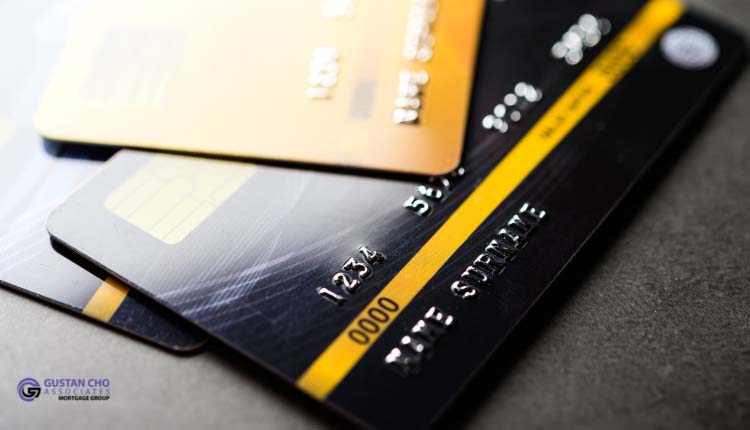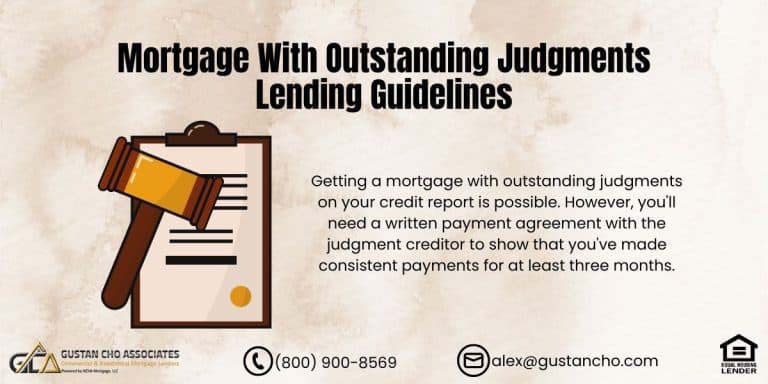This article is about Buying Property With 1031 Tax-Free Exchange
Real estate investors who purchased investment property and decide to sell it, they will need to pay capital gains tax on the sale.
- Generally, real estate investors need to pay capital gains tax on the profit made from the sale of the property after expenses
- However, they may be able to defer paying taxes if they purchase another likewise or higher value property with a 1031 Tax-Free Exchange
- Real estate investors who reinvest proceeds from the sale and purchase another real estate property, they can defer paying capital gains tax on the sale of the property via a 1031 Tax-Free Exchange
- All of the proceeds from the sale of the real estate property cannot go to the real estate investor and needs to get rolled over to the new property purchase
- The new property purchase needs to be of similar value or higher value than the property that the real estate investor sold
Avoid Paying Capital Gains With 1031 Tax-Free Exchange
In order to avoid paying capital gains taxes via the 1031 exchanges, they need to name the sale as a 1031 Exchange prior to closing.
- Real Estate Investors cannot accept the proceeds from the sale of the real estate transaction and needs to be in an escrow account
- Again, they need to roll the proceeds from the sale of your property into the purchase of a like or more expensive property
- Investors normally have a time frame to pick the property or properties you have the interest to do the 1031 tax-free exchange
Investors will also have a certain time frame to close on the new property as well.
Proceed Of Sale Needs To Get Rolled To New Property Purchase On 1031 Tax-Free Exchanges
Remember that investors cannot accept or take out any part of proceeds from the sale of the property that is being sold.
- All the funds need to be in escrow at a title company or attorney’s escrow account in order for the 1031 tax-free exchange to be valid and for them to realize the tax benefits of not paying capital gains taxes
- Investors can sell and purchase a higher value property but will need to add additional funding required for the new purchase
1031 Tax-Free Exchanges Is For Investment Properties
1031 tax-free exchanges are for investment properties.
- It is not normally for residential owner-occupied properties
- When utilizing the 1031 tax-free exchanges, the investor must invest in a similar like property
- An investor cannot sell an investment property and buy a residential owner-occupied primary home
- Please do due diligence prior to doing a 1031 Tax-Free Exchange on a real estate transaction
- Remember that the proceeds of the sale cannot touch your hands and must be held in escrow until purchasing your new property
Everyone should consult a 1031 tax-free exchange professional such as an accountant or tax attorney prior.
Investment Property Loans
The Team at Gustan Cho Associates are experts in investment property loans.
Here are some key investment property loan programs:
- No Doc Rental Property Financing
- No Doc Investment Property Loans
- Asset Based Lending
- Not Limited To 5 to 10 Fannie Mae Financed Properties
- Bank Statement Mortgage Loans
- Hard Money Loans
- No Doc Fix And Flip Rehab Loans
- Investment Property Portfolio Line Of Credit








